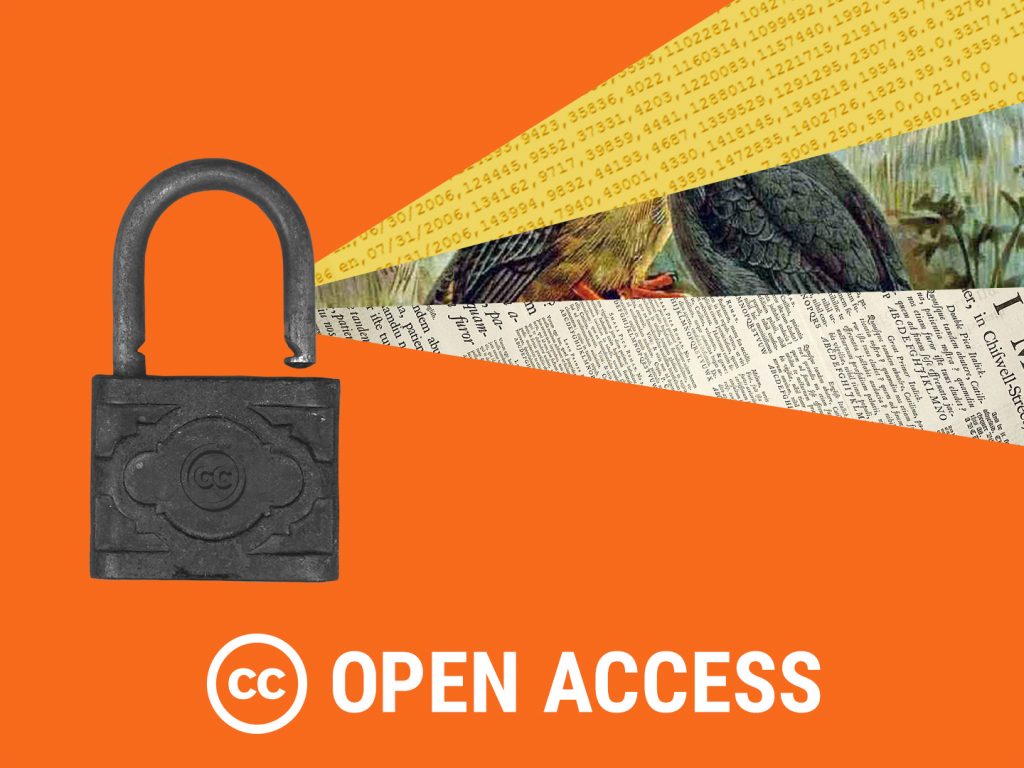Help us protect the commons. Make a tax deductible gift to fund our work. Donate today!
It’s Open Access Week, the yearly global event to raise broad awareness about the opportunities and benefits for open access to scientific and scholarly research. Open Access Week—now in its 10th year—also mobilises action for progressive policy changes so that researchers and the public get immediate online access to the results of scholarly research, and the right to use and reuse those results.
This year’s theme is “Open In Order To…”—an invitation to answer the question of what concrete benefits can be realized by making scholarly outputs openly available.
Support our efforts for Open Access – sign up!
Diego Gómez is a scientist from Colombia who for the last three years has been criminally prosecuted for sharing an academic paper online. When Diego was a student in conservation biology in Colombia, he had poor access to many of the resources and databases that would help him conduct his research. He found and shared an academic paper online so that others could read and learn from it, just as he did. Gómez didn’t get permission to reshare the article, and subsequently was prosecuted for copyright infringement. He faced up to eight years in prison.
In May 2017 Gómez was acquitted of criminal charges. But within days of the ruling, the author’s lawyer appealed the decision, meaning that even after several years of unnecessary (and expensive) criminal proceedings, Diego’s case continues to the appellate court.
Why is a student being prosecuted for sharing knowledge? Does his potential punishment fit the crime? Can we claim to support the noble practices of teaching, learning, and scientific inquiry while permitting our laws to harshly punish the sharing of information?
Instead of prosecuting students for sharing knowledge, governments and communities should be encouraging the free exchange of scientific information by reinforcing positive norms around scholarship and collaboration, promoting open access to research, and eliminating out of control copyright remedies that serve no reasonable public interest purpose. Furthermore, we should encourage our governments to boost national legislation that promotes the release of public funded research results as open access.
A crowdfunding campaign was launched a few months ago to help defray the ongoing legal expenses. The campaign—titled Compartir no es delito: Sharing Is Not A Crime—has raised about $7000. You can still contribute!
The long reach of copyright inhibits access to information and obstructs fundamental user rights. From suing a student for downloading academic journal articles to issuing millions of copyright takedown notices to scholars for sharing their own research, large rights holders organizations continue to wield copyright law to punish those who attempt to do what comes naturally for them—sharing.
If open access were the default for scholarly communication, there would be no cases like Diego’s. We could focus on closing the research practice gap between developed and developing countries, since the elevated costs for scientific databases are impossible to cover for developing countries in science practice. Academic research would be free to access and available under open licenses that would legally enable the kind of sharing that is so crucial for enabling collaboration and supporting a democratized scientific progress. Scientists like Diego shouldn’t have to risk severe penalties for helping colleagues access the research they need. When research is shared freely and openly, we all benefit.
Follow along with the Creative Commons blog, Twitter, and Facebook this week, and be sure to tag and share your posts with the #OAweek hashtag.
Posted 24 October 2017